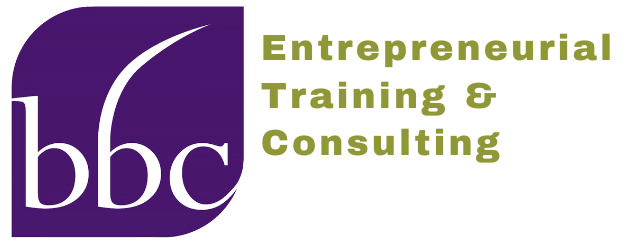There is a myriad of business and science factors that you must consider when you’re pursuing SBIR/STTR non-dilutive funding to form a business. The good news is that there are also many local resources to tap into that can help you through the process.
The following list can give you an idea of what organizations to approach:
State Economic Development Offices or departments of commerce may offer matching funds or prototype funds for innovative companies, including companies applying for SBIR/STTR funds.
Small Business Development Centers (SBDC) provide no-cost business consulting and low-cost training to new and existing businesses. In addition, they offer a range of resources for business planning purposes such as market research, financial projections, business plans development, and additional assistance for SBIR/STTR proposals. Procurement Technical Assistance Centers (PTAC) help with government contracting at no-cost to entrepreneurs. These centers assist with government registrations such Data Universal Numbering System (DUNS), Employee Identification Number (EIN), System for Award Management (SAM) registration.
Incubators, coworking spaces, and maker spaces can offer space to rent out if you need a location for your business. They are also great places to connect with like-minded entrepreneurs.
University Research Parks are physical environments for generating, attracting, and retaining science and technology companies and talent in alignment with sponsoring research institutions that include universities, as well as public, private and federal research laboratories.
Federal Labs and University Labs might already have technologies ready to be commercialized and might be able to offer lab space, testing equipment, research partnership opportunities, or human capital that could play a role as part of your advisory board or consulting team for your SBIR/STTR proposal and your business.
University Colleges and community colleges have talent that could help you as part of their studies or you could hire for your project or business. Students from the College of Business can help you develop business, marketing, or social media plans. IT students have skills to help you build applications or technology. Biotechnology majors have the science knowledge and the engineering expertise to become potential assets for your company.
Regional Equity Investment and Angel Investment Groups provide equity funding in exchange for ownership in your business. They can also help you connect with other funding or networking opportunities.
Chambers of Commerce might have programs, partnerships, or assistance for startups in the innovation space that would include early-stage businesses applying for SBIR/STTR funds. They also sponsor young professional groups that could provide talent for your business.
SCORE offices have retired professionals, including lawyers, accountants, sales executives, CFOs, CTOs, CEOs, marketing managers, and other professionals that provide mentorship and assistance to help you reach your business goals at no cost.
Once you’ve identified the organization you want to learn more about, visit their website to familiarize yourself with products, services, and processes. Then email or call to introduce yourself and your business, but first have a strategy and make sure you organize your questions so you can quickly and confidently identify the goal of the meeting or call, and explain how your business could partner with them.
After the request, send a thank you email and ask for an action step — for example, ask when the application process opens, what additional information they need from you, etc. If you need to provide further information, make sure to do reply in a timely matter. Another good way to connect with people and organizations is through LinkedIn.
Finally, when you are having these conversations or participating in networking events, be an active listener. Ask compelling questions, but then let the other person do the talking. These conversations are about identifying mutual interests and how you can help each other. Be open-minded, genuine, willing to be a collaborator and eager to share your knowledge when asked. A robust professional relationship takes time and perseverance to develop.
In the end, networking and reaching out will pay off as these human and capital resources help you move your SBIR/STTR project forward.

